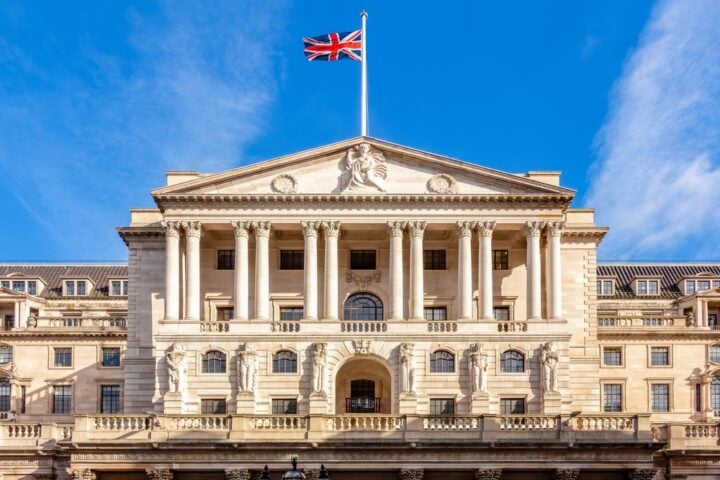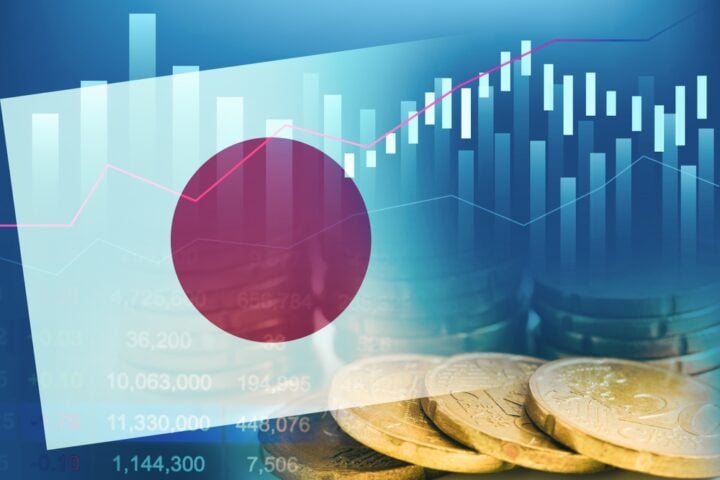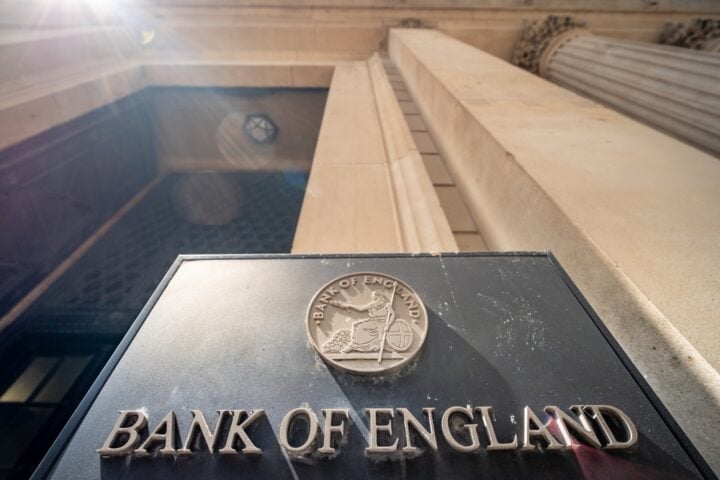Inflation, once a dominant global concern, is being brought under control, according to the International Monetary Fund (IMF). In a surprising shift from its more cautious outlook earlier this year, the IMF now reports that inflation rates worldwide are approaching central bank targets. Despite these gains, economic challenges and risks continue to threaten sustained growth.
A Win Over Inflation, But Challenges Linger
The IMF’s latest World Economic Outlook offers a hopeful view on inflation. “It looks like the global battle against inflation has largely been won, even if price pressures persist in some countries,” the report notes. Inflation, the fund says, has fallen closer to central bank targets in many nations. The achievement of lower inflation without triggering a global recession is particularly notable. However, the IMF remains cautious, emphasizing that “vigilance remains key,” especially in areas where inflation in services remains elevated.
While inflation is slowing, the fight is far from over in certain regions, with some developing economies increasing interest rates due to renewed inflationary pressures. The IMF forecasts global inflation to slow to 5.8% this year, slightly below its July estimate of 5.9%. Looking ahead, it expects inflation to drop to 3.5% by the end of 2024, marking a return to pre-pandemic averages.
Mixed Economic Signals Ahead of U.S. Elections
The encouraging news on inflation comes just weeks before the U.S. election, where the economy remains a critical issue for voters. Many Americans continue to struggle with rising living costs. According to data from the U.S. Consumer Price Index, goods and services were still 20% higher in August 2023 than before the pandemic began. This persistent price increase has shaped the election narrative, with inflation being a top concern for voters.
Federal Reserve Chair Jerome Powell has cautioned that while inflation is trending downward, victory is not yet certain. “We’re certainly not saying mission accomplished or anything like that,” Powell said, following a recent cut in interest rates. Similarly, European Central Bank President Christine Lagarde is hesitant to declare success. “Inflation is on the right track,” she said, but warned that Europe has not yet “broken the neck of inflation.”
Growth Worries Loom, Especially for Europe and China
While inflation seems to be cooling, economic growth remains under pressure. The IMF projects global growth at 3.2% for this year, in line with its previous forecasts. However, certain regions face more dire projections. In Europe, the economy is only expected to grow by 0.8%, a slight downgrade from the previous estimate, and a far cry from the robust growth seen earlier in the decade.
China, another global economic powerhouse, faces significant challenges. Despite recent stimulus efforts by the Chinese government, the IMF downgraded China’s growth outlook for 2024 to 4.8%, noting struggles in its recovery from economic setbacks. In contrast, India remains a bright spot in the global economy, with growth expected to hold steady at 7%.
The U.S. economy, meanwhile, has seen an upgrade in its growth forecast, with the IMF now predicting a 2.8% expansion for 2023. This slight uptick could provide some relief to American policymakers, but it’s tempered by concerns about potential downside risks, including geopolitical tensions and rising interest rates.
Structural Reforms Urged for Long-Term Growth
Despite these mixed signals, the IMF stresses that more needs to be done to secure sustainable economic growth worldwide. The fund warned against protectionist trade policies, arguing that such measures often backfire and fail to improve living standards. Instead, the IMF calls for ambitious reforms that focus on innovation, competition, and private investment to drive growth.
“Economic growth must come instead from ambitious domestic reforms that boost technology and innovation, improve competition and resource allocation, further economic integration and stimulate productive private investment,” the IMF asserted in its report. These reforms, it argues, are the key to lifting productivity and improving living standards globally.
While the IMF’s report offers hope that the worst of inflation may be behind us, it also serves as a reminder that economic recovery is not guaranteed. Inflation may be retreating, but the challenges of slow growth, geopolitical instability, and the need for structural reforms remain ever-present. As policymakers around the world navigate these uncertain waters, the focus will be on balancing the triumphs of the present with the hurdles of the future.







